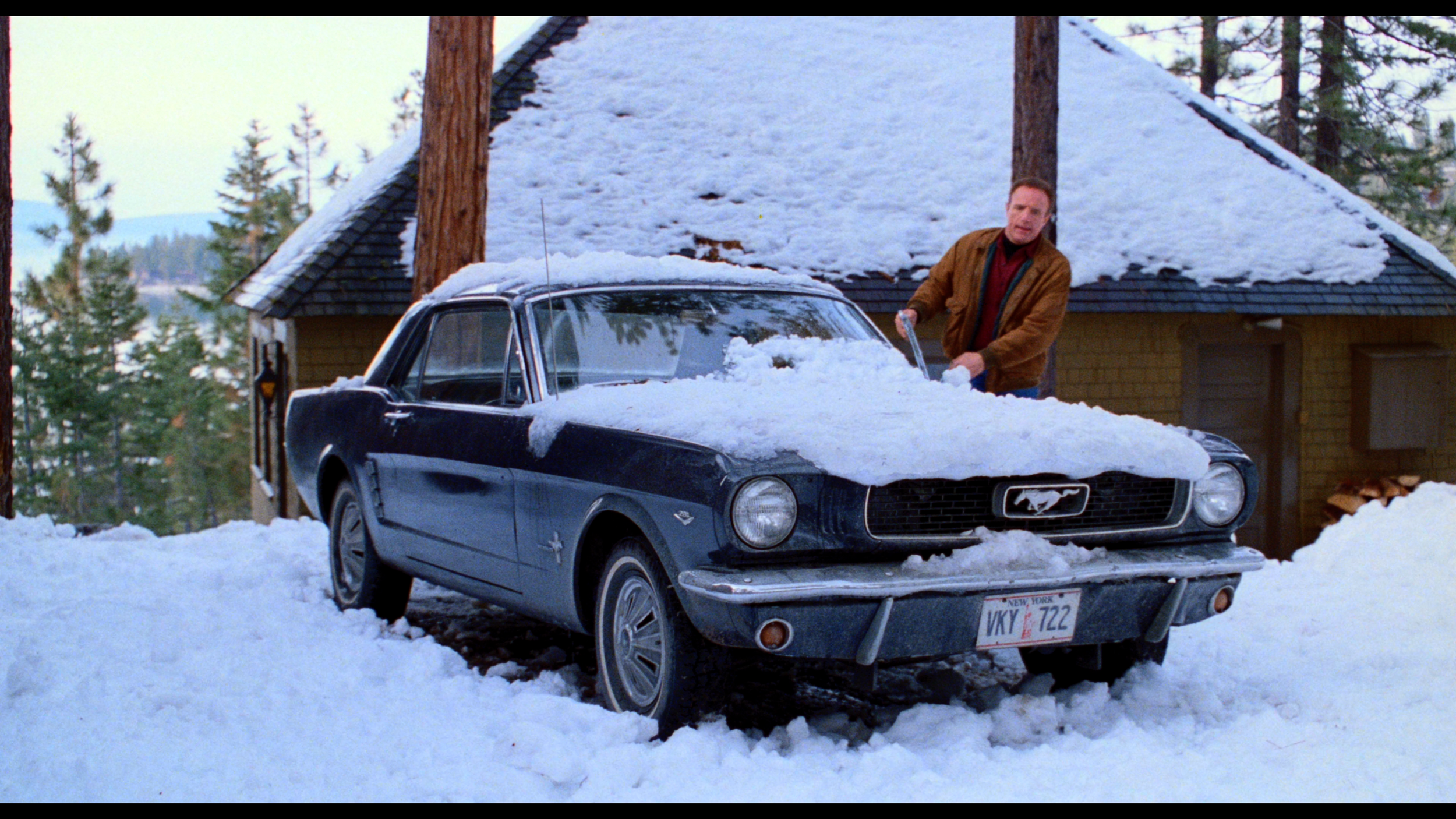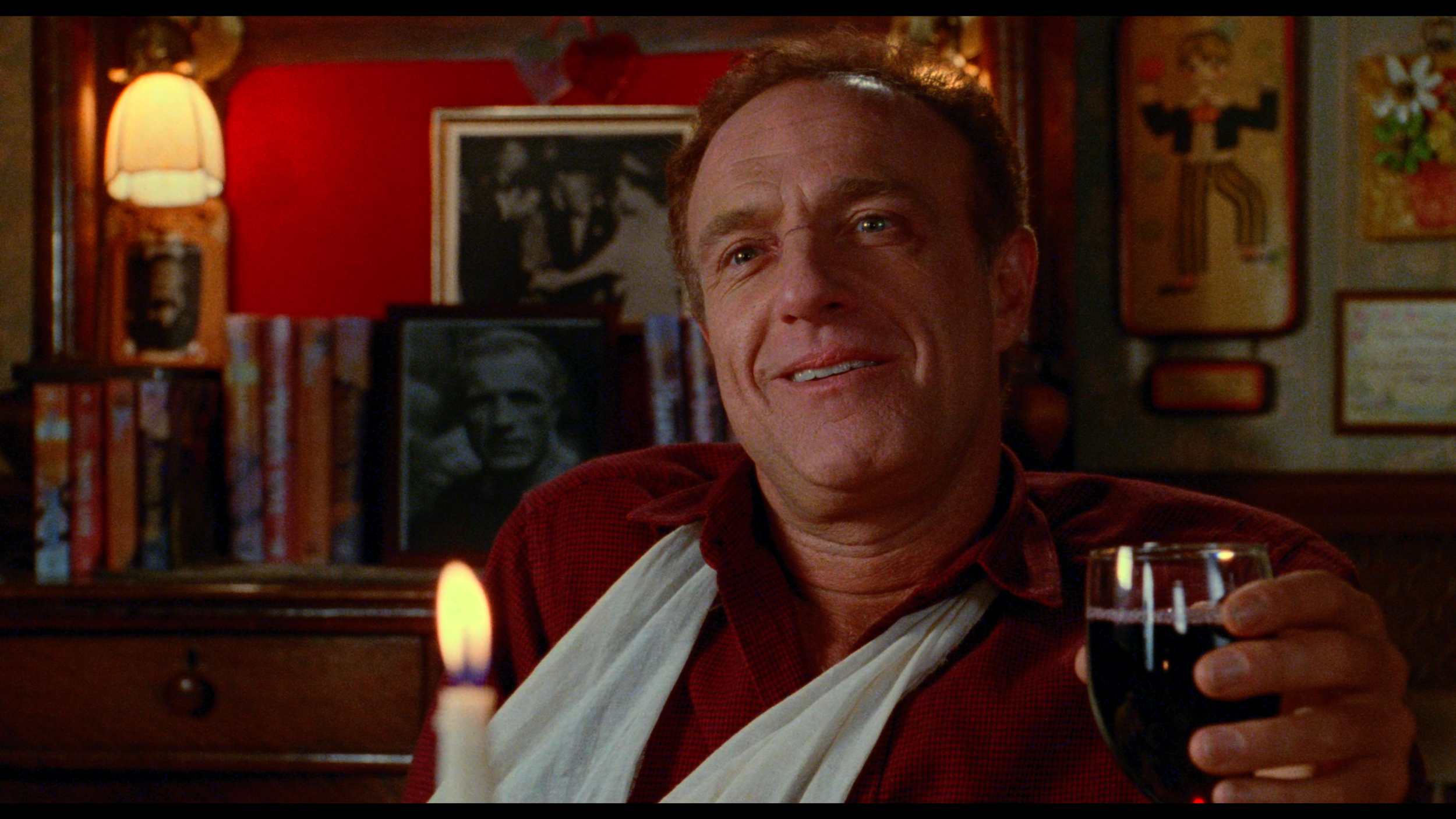Fresh Ideas for Scripts: Fuel Your Next Great Story
There are an unlimited number of elements to master during the process of becoming a great screenwriter (dialogue, pacing, character development, etc.), but believe it or not, one of the most common obstacles is overcoming the very first step: coming up with a strong script idea to work from. Now, a good idea doesn’t necessarily mean something that’s going to win you the Oscar; it just means an idea that grabs the attention of the audience and opens the door to any number of possibilities. Nowadays, literally anything can be a movie, so make sure to take inspiration from every part of your life. And if you’re still stuck, feel free to use this article as a guide to get you moving in the right direction. As we continue, I’m going to provide some exercises for developing strong ideas, give 50 examples of script ideas that can be used to get you started, and explain how to turn these initial ideas into a great, original story.
1. How to Come Up With Strong Script Ideas
When you’re brainstorming the next great script idea, it’s important to consider every possible route to get there. Nothing’s off the table. Here are a few exercises you can use to help get the gears in your brain moving and lead you to your next great idea.
Asking “What If” Questions
A basic exercise, but it’s used for a reason. Expanding on any basic idea or character by asking “what if they did this?” or “what if this happened instead?” is a great way to get yourself started writing a script with an entirely fresh concept.
Flipping Familiar Tropes
Similar to the “what if” technique, flipping a common trope with a unique twist is a sure-fire way to come up with something new. If you’re tired of all the “elevated horror” movies, write a satiric version mocking them. If you think apocalypse movies are all the same, come up with an entirely new way for the world to end that nobody’s ever thought of before. The beauty of this exercise is that there’s an unlimited list of tropes to choose from. You just have to flip the one that’s right for you.
Drawing From Personal Experiences
Write what you know! Only you have experienced your life, and it’s those experiences that make your voice unique. Take advantage and develop a concept that only you could come up with.
Take Inspiration from the World
Watch the news. Read up on history. Talk to your neighbors. The phrase “truth is stranger than fiction” is one of the truest things ever said, so utilize these real-world stories when developing your idea..
Combine Two Unlikely Genres
Perhaps the easiest exercise to come up with a new idea, but that doesn’t mean it doesn’t work. Making any genre film a comedy is the most common route, but make sure to consider combining lesser-used genres. Maybe try a western heist movie. Maybe try a futuristic murder-mystery. As a matter of fact, the first script I ever wrote as a kid was a zombie movie that took place on a pirate ship, and it still might be the best thing I’ve ever written. So be willing to give this exercise a chance. You may thank yourself later.
2. 50 Fresh Script Ideas To Get You Started
Here’s an extensive list of potential ideas that could all easily be turned into fresh short and feature scripts (organized by genre and format). Feel free to use any of these, take inspiration from them for a slightly different idea, or just allow them to help get your creativity flowing.
Short Film Ideas
A man wakes up to find his voice has been replaced with someone else’s.
A street performer discovers their puppets have a mind of their own.
A first date unfolds entirely in silence—until the final line.
A janitor at a museum discovers that one exhibit changes every night.
A kid’s imaginary friend comes to life—but has its own agenda.
A jockey discovers a conspiracy where someone is trying to kill his horse.
An animated film where two flies get caught in a spider’s web and have to come to terms with their death.
A child loses their mother in a mall and has to fight to find her again.
A teenage couple breaks up during a carnival ride, and then the ride shuts down.
Feature Film Ideas
In a world where your emotions are regulated by law, one person rebels.
A disgraced athlete fakes an injury to mentor a new star and reclaim glory.
A group of strangers wakes up in a remote motel, and no one remembers checking in.
A widowed chef rediscovers life through an illegal underground food market.
Two politicians running against each other both attempt to lose the race.
After her twin disappears, a woman pretends to be her to solve the mystery.
Everyone on Earth begins to age at a rapid rate, except for one person.
Comedy Ideas
A socially awkward man gets advice from a ghost who won’t shut up.
Two rival mall Santas go head-to-head in a holiday bake-off.
A woman fakes being a psychic and accidentally starts solving crimes.
A corporate intern swaps bodies with the CEO the week of an IPO.
An AI assistant starts giving terrible—but hilarious life advice.
A pet dog suddenly gains consciousness and the ability to speak, but plans to use his new powers for revenge against his owner.
Two Aztec warriors tasked with sacrificing a virgin to a volcano lose her on the way, and the world begins to crumble as a result.
A murder mystery playing on the Strangers on a Train trope, except it’s kids on a school bus.
Thriller Ideas
A rideshare driver realizes all his passengers are connected to a recent murder.
A detective investigates a series of crimes that mirror her nightmares.
A politician’s child is kidnapped, but the kidnappers only demand secrets.
Every person in a small town receives an identical, anonymous letter, counting down to something.
A woman finds a camera with footage from tomorrow’s news.
Three strangers’ children are kidnapped, and in attempting to find the culprit, they discover why they were chosen.
Drama Ideas
Two estranged siblings are forced to run a family business after their parent dies.
A young immigrant lies about their identity to enter a prestigious music school.
A teen discovers her therapist has been writing about her life as fiction.
An elderly man tries to reconnect with a son he abandoned through an online game.
A teacher finds that one of her students is secretly living at school.
An orphaned boy moves in with his dying grandfather.
Sci-Fi and Fantasy Ideas
In a world where dreams can be sold, one man searches for a stolen memory.
A time traveler falls in love but is stuck repeating the same month.
Earth’s last survivor raises an alien child to understand humanity.
A magic spell makes people swap bodies every full moon.
A spaceship is haunted—not by ghosts, but by future echoes.
Space pirates board a government-owned craft in an attempt to steal the loot, but when they get on board, they discover something sinister got there first.
A group of people wakes up on a cloud and has to figure out a way down.
Experimental/High-Concept Ideas
A film told entirely from the POV of a house.
A protagonist loses one of their five senses every 10 minutes.
A conversation between two souls waiting to be born.
A movie where no character speaks, but their thoughts are subtitled.
An anthology of five lives all lived in the same apartment across time.
A man suddenly gains the memories of all of his past lives.
An anthology of five people murdered with the same weapon.
3. How to Develop a Script Idea Into a Story
Now that you have your idea, it’s time to actually put that idea to good use and develop it into an interesting story. Obviously, everyone has their own process when it comes to writing, but I went ahead and provided a solid step-by-step guide that can help you take your original concept and evolve it into a well-written, entertaining story that will attract the audience’s attention and keep them interested throughout your film.
Identify Your Protagonist
Once you have your concept ready, brainstorm as many characters as you can that YOU think would provide the most interesting perspective through which to tell your story. From there, see what character stands out to you the most and has the greatest potential to make your movie great. Boom. You have your protagonist.
Define What They Want vs. Need
How will your character’s wants and needs be related to the concept you just created? Will they help expand on that idea or just be a vessel to explore it? You have to figure out exactly what you want to achieve with your protagonist and make sure their wants and needs help you reach that goal as a writer.
Choose a Setting That Enhances the Theme
Does your original concept depend on the story taking place in a certain time and place? If so, great. You’re already on your way to choosing an interesting setting for your script. But if not, you have to work a little harder to put your characters in a unique setting that enhances the themes of your idea. Remember, your character is a product of the world they inhabit, so make sure to take this into heavy consideration when developing a setting for your story.
Outline a Basic Three-Act Structure
No matter what your idea is or who you choose to be your protagonist, a well-structured plot still matters. Outlining your acts can help you stay focused and will allow you to tell your story in the most interesting way possible.
Write the Opening Image and Inciting Incident
These elements are what kick your story off, so make them good. Allow them to introduce your characters well. Make sure they steer your plot in an interesting direction. Write them to clearly present the tone of your story right off the bat. If you do these things efficiently, your audience will understand exactly what you’re going for.
4. Tips For Writing Scripts That Stand Out
Once you’ve finally achieved all of the challenges above, it’s time to hone in on the details that can take a good script and make it great. If you really want what you’ve written to stand out, here are a few extra tips to consider.
Start with a hook in the first 10 pages
Try to grab your audience as soon as your story allows. You want them to be so interested in how your script ends that they just can’t put it down.
Make each scene do more than one thing
Try to achieve multiple goals with every scene. This will give your script depth and allow for quicker pacing.
Use subtext in dialogue
Show, don’t tell. Let your characters reveal themselves through their dialogue, not explain themselves.
Focus on emotional payoff
Emotional investment is how audiences relate to films on an intimate level. This is why most cinephiles fell in love with the art form in the first place, so make sure to deliver the goods.
Use surprising reversals and character decisions
The last thing you want is the audience to know exactly where your plot is going and what the characters are going to do. Try to keep them on their toes, and your story will be far more interesting as a result.
5. Where to Submit Your Script Once It’s Complete
Finally, your script is complete. But what do you do with it now? Well, unless you have an agent, you’re going to have to be pretty savvy in sending your script around if you want the right people to read it. Here are just a couple of different options to consider.
Screenwriting Competitions
Screenwriting competitions are a great way to ensure people are reading what you write and provide the opportunity for amazing publicity and prizes.
However, it has recently become a fairly fraudulent industry, with many competitions making false promises and taking advantage of people’s dreams to score a profit. So when submitting, make sure you only send your scripts to reputable contests. Some good examples are:
Nicholl Fellowship
Austin Film Festival
Kinolime
Online Communities
Online script hosting and grading websites are perfect for obtaining unbiased feedback on what you write. Additionally, if you score a good grade, there’s a solid chance the right person might give it a read and provide you with the opportunity you’ve been looking for.
With Coverfly’s recent closure, the most popular option remaining is The Blklst, but communicate with your fellow screenwriting peers to see what they’ve been using recently. New communities are popping up every day.
Local Workshops
Check out what workshops are available in your area. Local workshops provide a great opportunity to meet other screenwriters, compare scripts, and possibly even craft the perfect pitch with the hopes of selling your script. If you live in the New York or Los Angeles area, there are countless new opportunities that may be worth checking out.
Production Companies
Most major studios are unwelcoming of unsolicited screenplays being sent to them, but every once in a while, an independent production company may promote an open call to new scripts.
So, if you’ve come across a company that produces films right up your alley, make sure to constantly check their website, follow them on social media, and keep tabs on any big moves they’re making in the entertainment industry. The next big opportunity may be just around the corner.
Your Next Script Starts Now!
Hopefully, these tips and ideas were helpful in getting your creative juices flowing, but it’s important to remember that whatever you write, it has to be your story! So feel free to take any of these ideas, give them your own voice, and write what you feel needs to be written. If you do that and make sure to take all of the other helpful notes included in this article into consideration, then you’re well on your way to your next masterpiece. So get writing!







